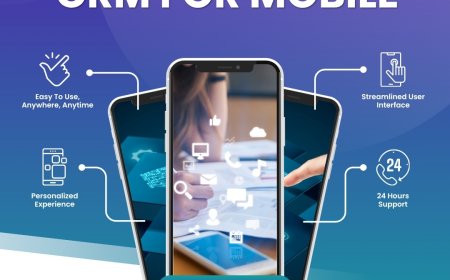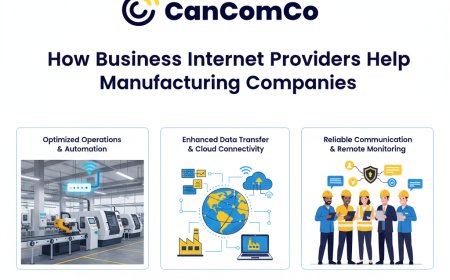Capitalizing on generative AI in patient engagement: Key benefits for healthcare organizations
Discover how generative AI is revolutionizing healthcare by making patient care more personalized, accessible, and data-driven across the care continuum.
Generative AI is truly transforming how healthcare organizations interact with their patients. Simply by making care more personalized, accessible and efficient. Beyond its popular applications in diagnostics and clinical trial services, generative AI is redefining digital patient engagement. It is enabling more human-like, data-driven interactions across the care continuum.

Although predictive AI has long supported healthcare analytics, it often struggles to address the emotional, linguistic and behavioral nuances of patient interaction. Here, generative AI bridges that gap, helping healthcare organizations design super-smart and culturally sensitive patient engagement solutions. These solutions adapt to each individual’s needs while maintaining safety through human oversight.
Health education assistance
Today’s patients actively seek medical information and are active participants in their own care. Yet, online resources often can be quite inconsistent in accuracy and accessibility. This is where generative AI can help. By delivering trustworthy, easy-to-understand, and multilingual explanations, gen AI solutions are derived from verified healthcare data. How? Large language models (LLMs). LLMs that are trained on curated, high-quality content can simplify complex medical concepts and tailor communication to diverse literacy levels. This digital patient engagement approach can help fulfil the health literacy gap while preserving clinical reliability.
Co-pilots of patient triage
With global healthcare systems under the radar, AI-powered “co-pilots” can assist teams. For example, the clinical team can route patients efficiently and handle routine inquiries. AI also enables more contextual and empathetic conversations than conventional chatbots might lack.
When fine-tuned for specific domains and cultural contexts, gen AI can support equitable access and reduce clinician burden. Also, these capabilities are always most effective when guided by human validation and robust governance frameworks to ensure patient safety and data privacy.
Personalized disease management
Adherence remains one of the biggest challenges in the chronic care domain. Generative AI can support predictive models by personalizing interventions, combining behavioral, biometric and even genetic insights to design adaptive care plans.
The personalized AI-driven digital support programs can strengthen adherence. Also, it can enable real-time monitoring and empower both patients and organizations to achieve better outputs.
Honestly, generative AI is not a cure-all. However, it is a catalyst for human-centered digital patient engagement. When applied responsibly, it brings together the precision of data and the empathy of communication, helping healthcare systems move toward a truly personalized AI-driven patient engagement ecosystem.































